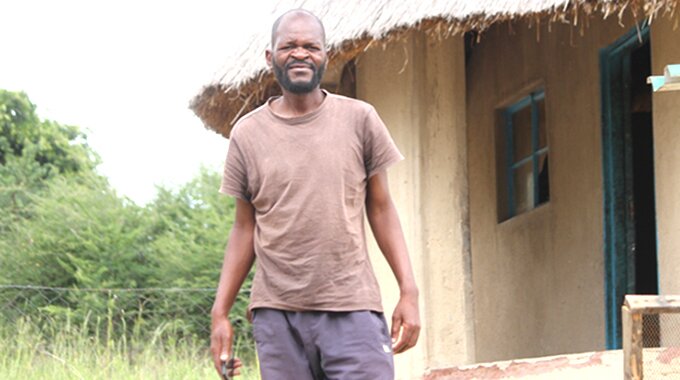Fungai Lupande Mash Central Bureau
People living with HIV and AIDS want viral load machines and laboratories decentralised to areas with high traffic volumes.
Blood samples for viral load testing are collected and sent to Bindura Hospital laboratory for testing.
Pan African Positive Women Coalition (PAPWC) conducted a study at Tsungubvi Clinic and Concession Hospital to establish the challenges for people living with HIV in accessing viral load testing and other services.
During a stakeholders meeting in Mazowe recently to present findings and recommendations, it emerged that some blood samples are going bad before they reach the laboratory in Bindura due to transport challenges.
Sometimes results come back indicating errors, prompting clients to resubmit blood samples.
PAPWC country coordinator Tendayi Westerhof said the research was done in seven provinces and districts in the country.
“Mazowe was one of the districts and the mapping of the districts was done by the National Aids Council in consultation with the Ministry of Health and Child Care,” she said.
“All the districts are hotspot areas in Zimbabwe. We realised that women living with HIV face challenges in viral load testing, blood samples getting lost, lack of information on viral load testing and lack of regular viral load testing.
Advertisement
“A stakeholder meeting was held at national level on November 27, 2019 in Kadoma and the findings of the research were presented, shared and validated. We decided to go back to the communities and report back.”
She added that stakeholders have confirmed the findings in Mazowe as a true reflection of what is happening on the ground.
Speaking at the meeting, journalist and activist Mrs Catherine Murombedzi said coverage of viral suppression of people on antiretroviral therapy is very low and Mazowe is lagging behind in viral load testing.
She added that it also emerged in the research that viral load machines are underused.
Younger women are more knowledgeable about viral load testing, but it is still supply driven making people living with HIV miss opportunities, said Mrs Murombedzi.
“The findings are that there are centralised laboratory systems and weak transport system. Interventions need to focus on decentralisation of viral load machines,” she said.
“Electricity power cuts were also identified as a challenge and lack of stationery to print results. If possible the results can be transmitted electronically to reduce costs.”
– HERALD








